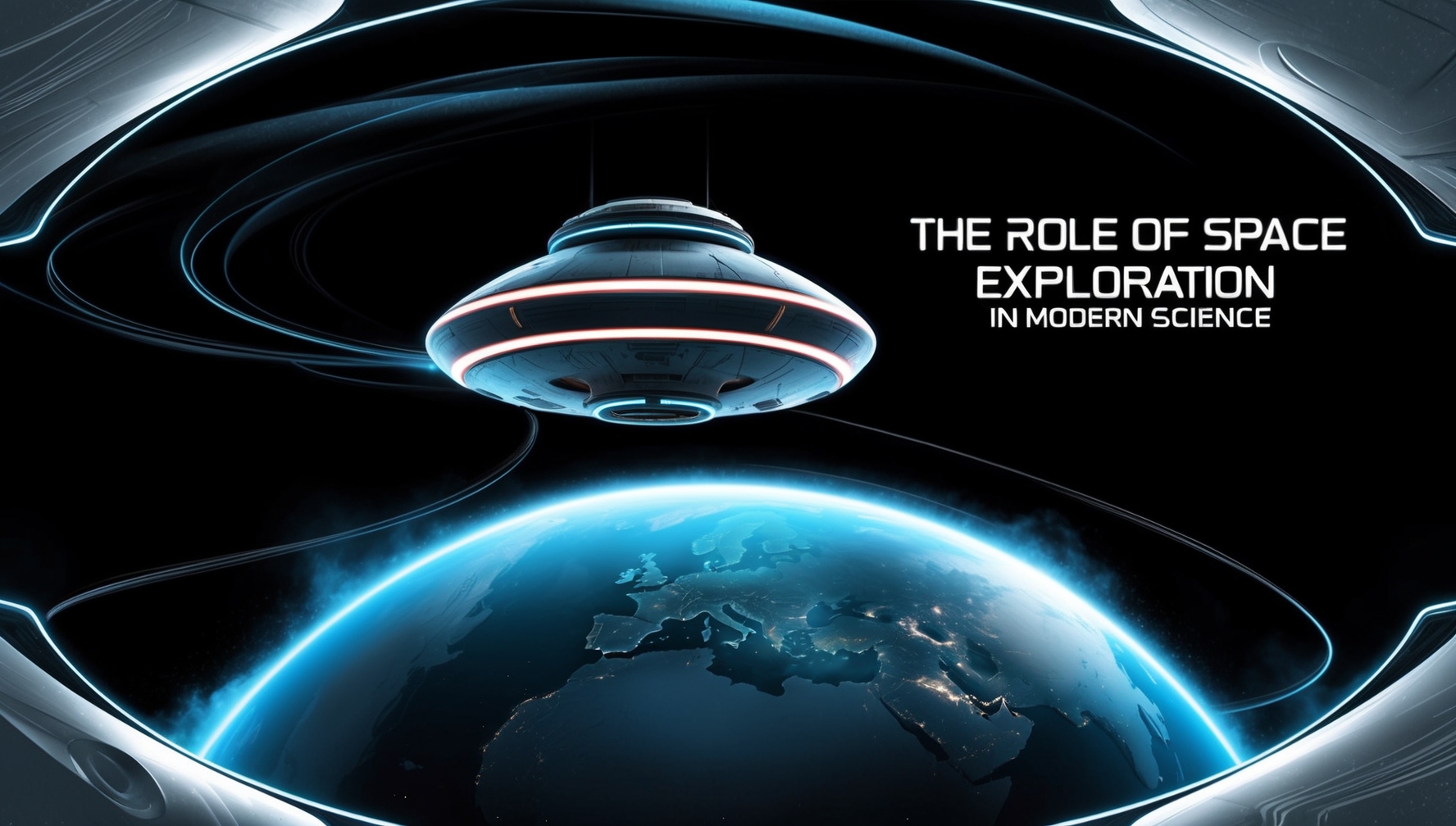Space exploration has become a cornerstone of modern scientific inquiry, driving advancements in technology, expanding our understanding of the universe, and fostering international collaboration. As we venture further into space, the implications of these explorations extend beyond mere curiosity; they have profound impacts on various fields, including environmental science, medicine, and technology. This article delves into the multifaceted role of space exploration in modern science, highlighting its significance and the innovations it inspires.
Advancements in Technology
Space exploration has historically been a catalyst for technological innovation. The challenges associated with sending humans and instruments into space have led to breakthroughs in various technologies that benefit life on Earth.
- Rocket Technology: The development of more powerful and efficient rockets has transformed space travel. Innovations such as reusable rockets have significantly reduced the cost of access to space, making it more feasible for both governmental and commercial missions.
- Robotics and Automation: Robotic missions have paved the way for exploration without risking human lives. Rovers like NASA’s Perseverance and Curiosity have provided invaluable data about Mars, while spacecraft like Voyager have ventured into interstellar space, expanding our knowledge of the cosmos.
- Remote Sensing and Telescopes: Space-based telescopes, such as the Hubble Space Telescope and the James Webb Space Telescope, have revolutionized our understanding of the universe. They allow scientists to observe distant celestial bodies and phenomena, providing insights that are impossible to obtain from Earth.
Scientific Discoveries
The pursuit of knowledge through space exploration has led to significant scientific discoveries that enhance our understanding of fundamental questions about existence and our planet.
- Planetary Science: Missions to other planets and moons in our solar system have revealed crucial information about their geology, atmospheres, and potential for supporting life. For instance, the study of Mars has provided insights into its past climate and the possibility of past microbial life.
- Understanding Earth: Observations from space have improved our understanding of Earth’s climate, weather patterns, and natural disasters. Satellite data is essential for monitoring climate change, tracking hurricanes, and managing natural resources.
- Astrophysics and Cosmology: Space exploration has contributed to our understanding of dark matter, dark energy, and the fundamental forces of the universe. Ongoing missions aim to unravel the mysteries of the cosmos, such as the origins of the universe and the nature of black holes.
Health and Medicine
Research conducted in space has significant implications for health and medicine on Earth.
- Biomedical Research: The unique conditions of microgravity allow scientists to study biological processes in ways that are not possible on Earth. This research has led to advancements in understanding muscle atrophy, bone density loss, and other health issues that can inform treatments for aging and sedentary lifestyles.
- Material Science: Experiments conducted in space have resulted in the development of new materials with applications in various industries, including medicine. For example, materials tested on the International Space Station (ISS) have shown potential for improving public health through antimicrobial properties.
International Collaboration and Education
Space exploration fosters international cooperation and inspires future generations to pursue careers in science, technology, engineering, and mathematics (STEM).
- Global Partnerships: Collaborative missions, such as the International Space Station (ISS), bring together countries to work toward common scientific goals. This cooperation enhances diplomatic relations and promotes peaceful uses of outer space.
- Inspiring the Next Generation: Space exploration captures the imagination of young people, motivating them to engage in STEM education. Programs that involve students in space missions or competitions related to space science can ignite interest in scientific careers.
Conclusion
The role of space exploration in modern science is multifaceted, driving technological advancements, fostering international collaboration, and leading to significant scientific discoveries that enhance our understanding of the universe and our place within it. As we continue to explore the cosmos, the benefits extend far beyond the realm of space, influencing various fields and inspiring future generations. Embracing the spirit of exploration will be essential for addressing global challenges and unlocking the mysteries of the universe.
